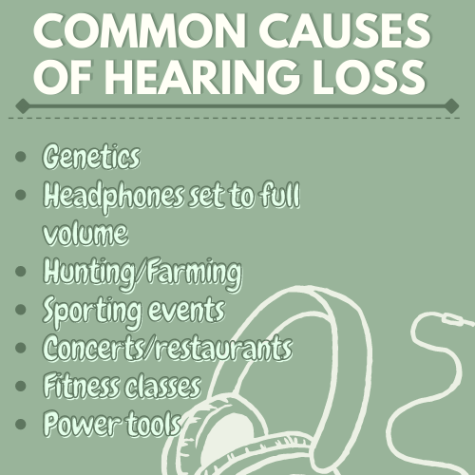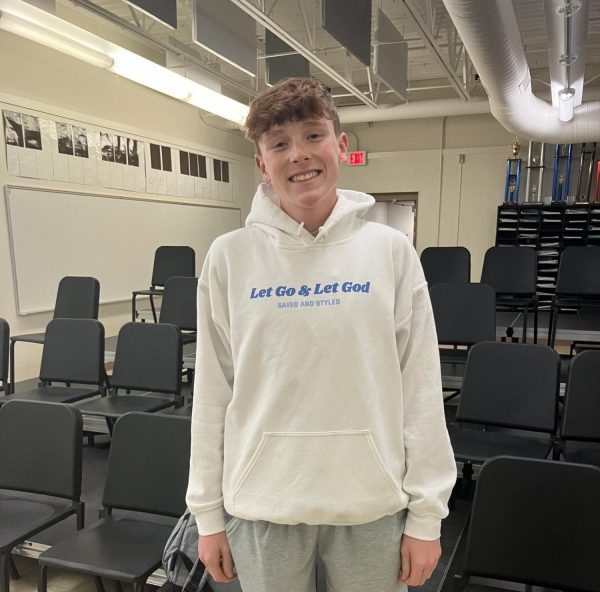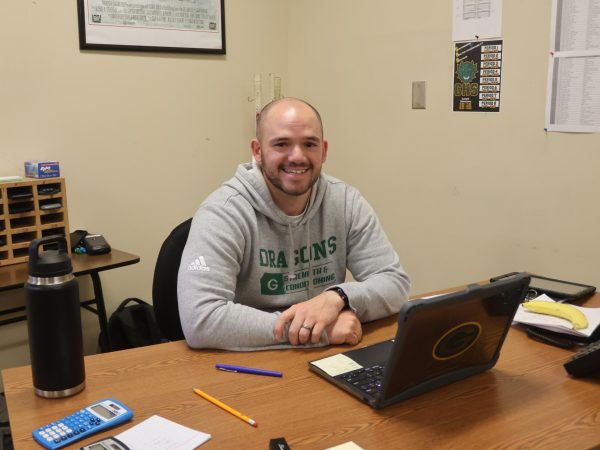Let’s Turn It Down a Notch
Teenagers Harm Their Hearing

Lawnmowers, motorcycles, movie theaters and headphones all have one thing in common: they cause hearing loss. A recent CDC article stated that 15% of American adults have hearing problems. That is 37.5 million people who have to ask “What was that?” over and over again. It makes their lives harder. Some have a ringing in their ears, they cannot understand conversations, and if they are lucky enough to have it in their budget, they are forced to pay thousands of dollars for hearing aids.
The most common causes of hearing loss include:
- Genetics
- Headphones set to full volume
- Hunting/Farming
- Sporting events
- Concerts/restaurants
- Fitness classes
- Power tools
Some sounds are safer than others. For example, a ticking watch is 20 decibels (decibels are a measure of how loud or soft a sound is) which is safe to listen to. On the other hand, shouting in the ear is 110 decibels, which can lead to hearing loss in less than two minutes.
Protecting hearing is crucial in order to thrive in life. It does not take long for someone to ruin their hearing, however many teenagers look past that. Being young is the time where the most hearing damage is done.
“Around 5% of teens have some hearing loss and have some effects,” audiologist Dr. Kris Ferau said. Once they get older is when the problems really start. They lose lots of their frequencies and it makes sounds muffled together. It can be a greater problem for women and children since we naturally don’t have all the frequencies.”
Many students at GHS have already struggled with these problems. Eelyn Fernau, the daughter of Dr. Fernau is just one of the many, although her hearing loss is due to genetics. Genetic hearing loss is different from nerve damage induced hearing loss, yet the victims experience many of the same symptoms.
“I have mild to moderate hearing loss and the effects of it is sometimes I have to sit closer to the front of the classroom so that I can hear the teacher,” said Eelyn Fernau. “Sometimes I have to ask people to repeat what they are saying if they are talking too quiet.”
To protect hearing from future damage, Dr. Fernau recommends wearing headphones or earbuds that block out extreme sounds, turning down the volume on your headphones and trying to stay away from sounds that are above 80 decibels. To know what decibel level the noise is, Dr. Fernau recommends apps that can be downloaded on a phone and the noise Apple Watch feature.
It is important to keep in mind the consequences of a life at too high of a volume; a life filled with saying “Can you repeat that?” and thousands of dollars spent on hearing aids and doctor appointments. According to Dr. Fernau, harming hearing as a teenager will not pay off in the long run. Turn down the volume and protect healthy hearing.






